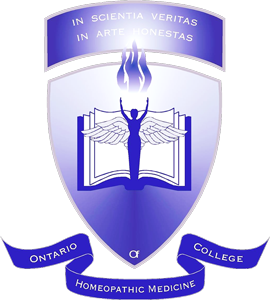This program is the newest iteration of our well-known, respected, high quality 3 year Professional Diploma Program. It was designed to reflect the desire of many of our most driven students to accelerate their training without sacrificing any of the breadth and depth of the content that OCHM is known for, all with the intention of getting well-trained homeopaths out into the community and practicing confidently and competently in perhaps a shorter period of time. As with everything we do at OCHM, we are happy to tailor this program to our student’s needs allowing you to get through the program at a faster or slower pace, depending on your individual requirements. While some students (especially those with prior healthcare training) may get through the program more quickly, the focus is on the quality of the teaching/learning, not the pace with which you get through the program.
The structure of the program includes:
- A robust Pre-Requisite Program that must be completed before a student begins the in-class training (takes between 3-6 months)
- An in-depth extensive in-class Classical Homeopathic and Health and Medical Science training
- A supplemental independent, learning component with individual, one-on-one support
- A scaffolded fully supervised clinical internship.
We recommend that you start your clinical internship at the same time as you start the in-class program so you can observe how the theoretical knowledge you are acquiring can be applied practically.
The speed with which students get through this program is highly individualized, depending on available time for study, other commitments, and prior experience. Students with a number of course exemptions (due to prior courses of study or experience) will find that they can complete this program more quickly than those taking the full course load. We expect that most students will complete the course within three years, unless otherwise agreed upon at the start of study.

